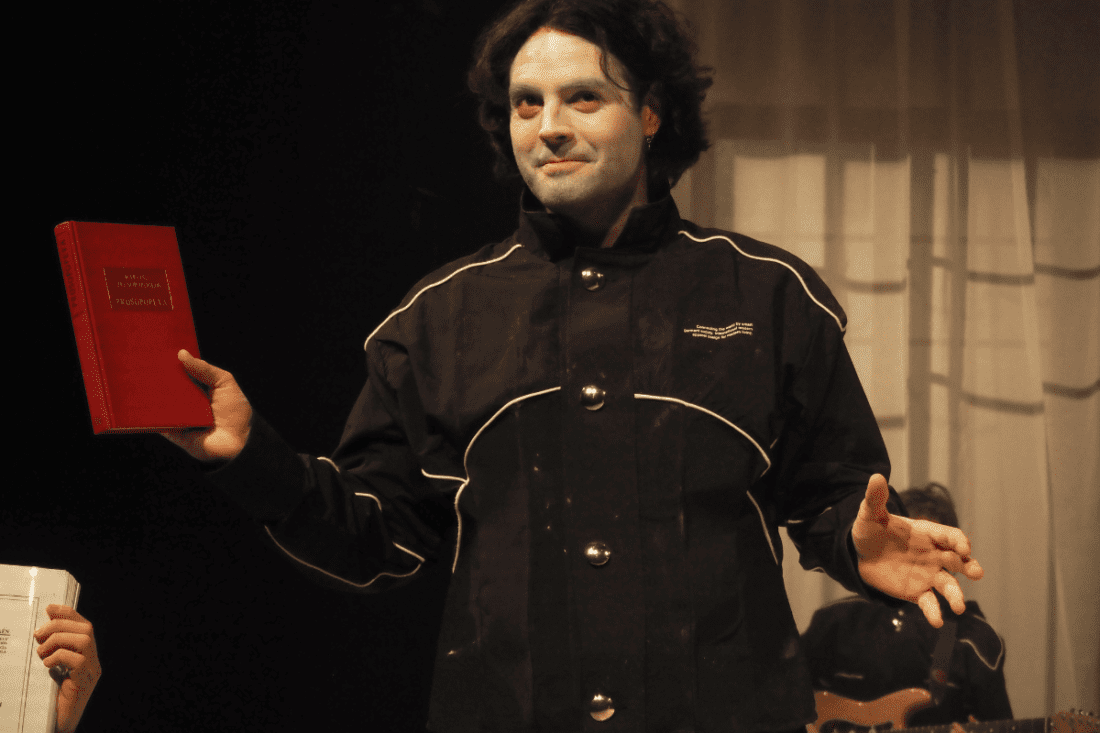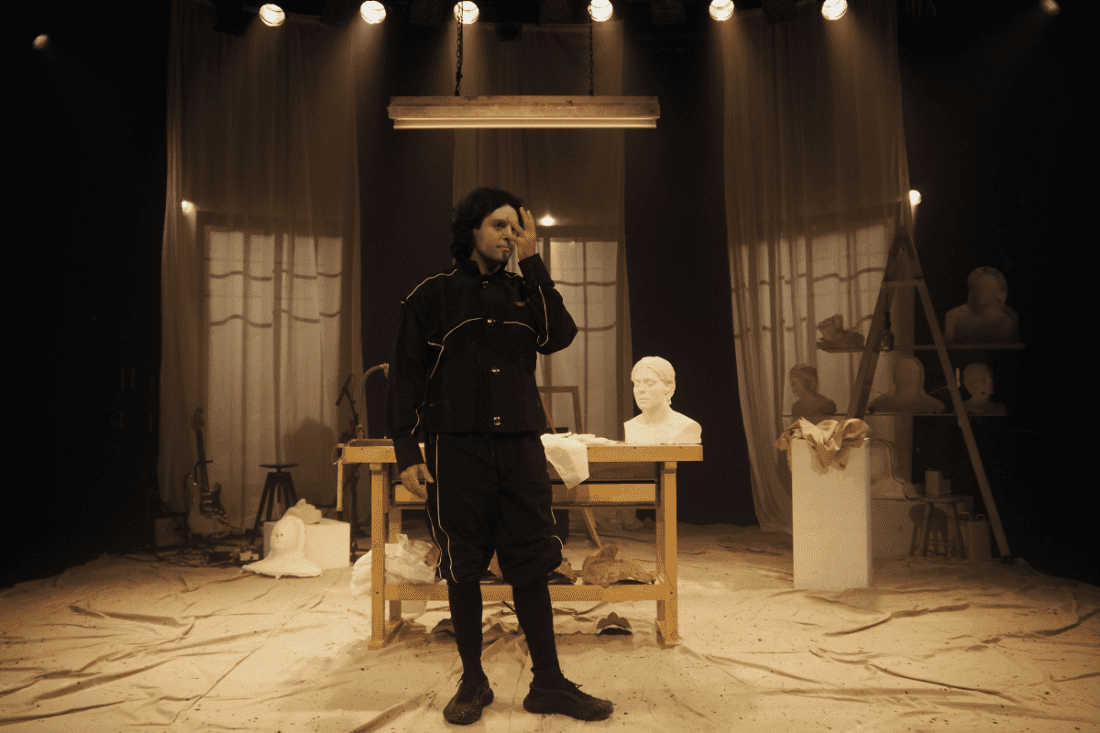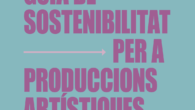Bella Otero challenges the verse in ‘Prosopopeia’
the company La Bella Oteroformed by Emma Arquillué i Pablo Macho Oteropresents his new show: Prosopopoeiaa multidisciplinary piece in verse that talks about identity and which can be seen from January 16 to February 9 at Espai free of Montjuïc.

After its last assembly, On firethe company repeats the same formula: a Macho Otero text starring himself and co-directed with Arquillué. On this occasion, it revolves around the enigma of identity and was born from a moment of existential crisis of the author, in which he considered what is me. “Really, I completely lost the notions of identity. I think it’s something that’s becoming more and more common right now, with the networks and with the fact that we’re constantly being watched from the outside,” he explains.
Macho Otero plays a playwright in the midst of an existential crisis who, by virtue of writing words for others, no longer knows who he is. To find himself again, he decides to look for himself where the characters come to life: on top of a stage. There he discovers an unknown figure from Greek mythology who allegorizes the origin of the theater: Prósopo – which in Greek means mask or face–, a character capable of playing them all but himself.
The assembly, therefore, takes place in two parallel plots. On the one hand, the narration of the myth of Prósopo, in which the mythological characters are embodied with masks by Arnau Comas. On the other, the internal journey that the playwright makes when discovering the myth. The function is accompanied by the sound space and live music of Santiago Aguilera.

The text, by Macho Otero, is written in verse. “Personally, before I wrote plays, I wrote poetry and I have always been very inspired by the Golden Age. We found that it would be very interesting to mix the mythological universe with verse”, explains the author, in order to break the vision of verse as something old and to claim that it can be funny, amen, full of a sense of humor and a festival of language and double meanings. “The verse gives virtuosity to the text because it implies that, despite being within a very marked structure, you must find the freedom to explain what you want to say”, he adds Archillué.
More information, images and tickets at:











